Keywords: Animals
There are more than 200 results, only the first 200 are displayed here.
-

ARTS AND CULTURE
- Andrew Hamilton
- 21 April 2023
Taking to the Field highlights overlooked women who made noteworthy contributions to science in Australia, despite gender-based limitations. This thought-provoking book delves into the complexities of gender and science, revealing a more nuanced and diverse history than previously assumed.
READ MORE 
-
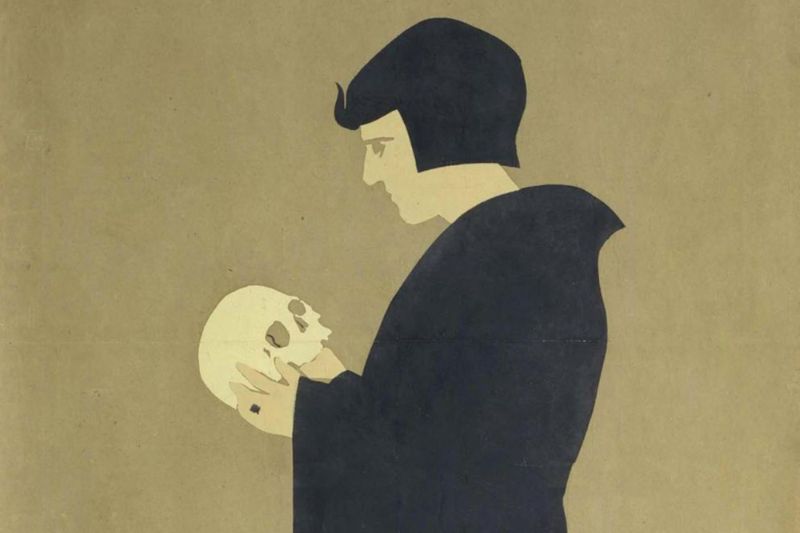
RELIGION
In a world where we are constantly faced with life's fragility, it's no wonder that we find ourselves wondering what lies beyond. Is it the bright promise of immortality, or the endless cycle of birth, life, death, and rebirth? Or perhaps nothingness? When contemplating the 'thereafter,' what can we hope for?
READ MORE
-
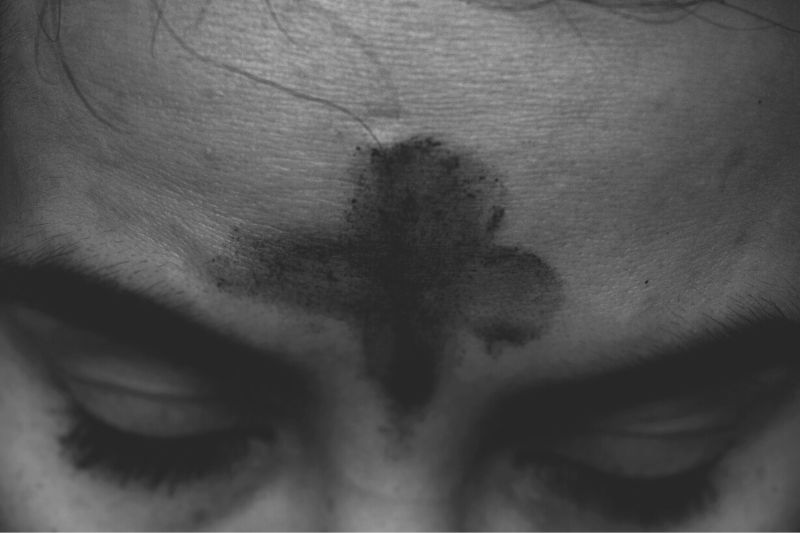
RELIGION
- Simon Smart
- 04 April 2023
3 Comments
In a culture that shies away from ageing and death, the annual ritual of Ash Wednesday is a sobering reminder of our vulnerability and mortality. However, it also invites us to reflect on our failures and fallibility, and to recognize that life is not all about us, but about how we relate to others and contribute to their betterment.
READ MORE
-
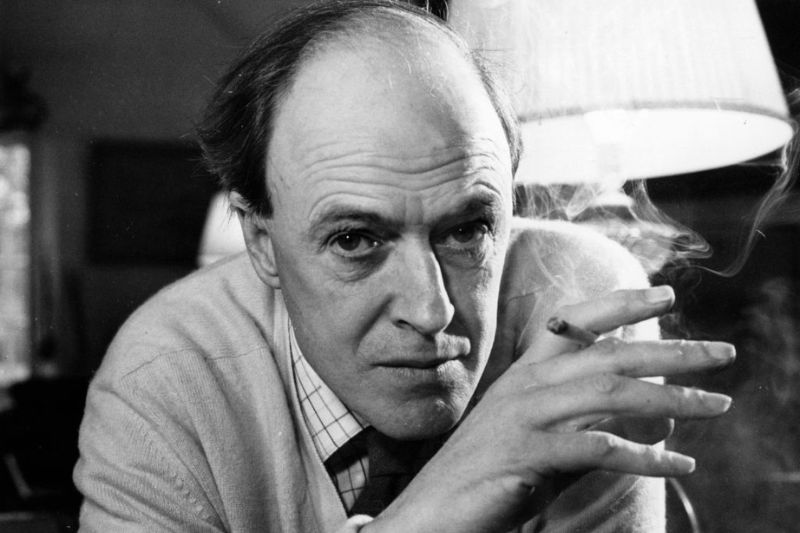
ARTS AND CULTURE
- Juliette Hughes
- 27 February 2023
13 Comments
Roald Dahl's beloved children's books have been given a makeover, with 'sensitivity readers' rewording phrases that might offend modern sensibilities. But what has been lost in this sanitisation of Dahl's work? Do we risk losing the very essence of what makes these works so powerful and enduring?
READ MORE
-
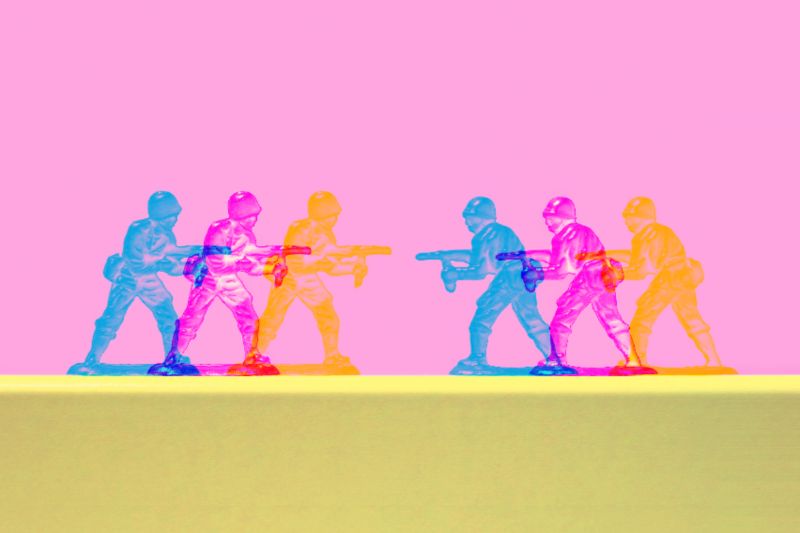
AUSTRALIA
- Andrew Hamilton
- 02 February 2023
6 Comments
Any discussion of the ethics of culture war should begin with the basic reality of human communication: to flourish, human beings rely on cooperation with other people. Speaking abusively about others weakens the necessary trust that lies at the foundation of a well-functioning society and inhibits the conversation about values necessary in a humane society.
READ MORE
-
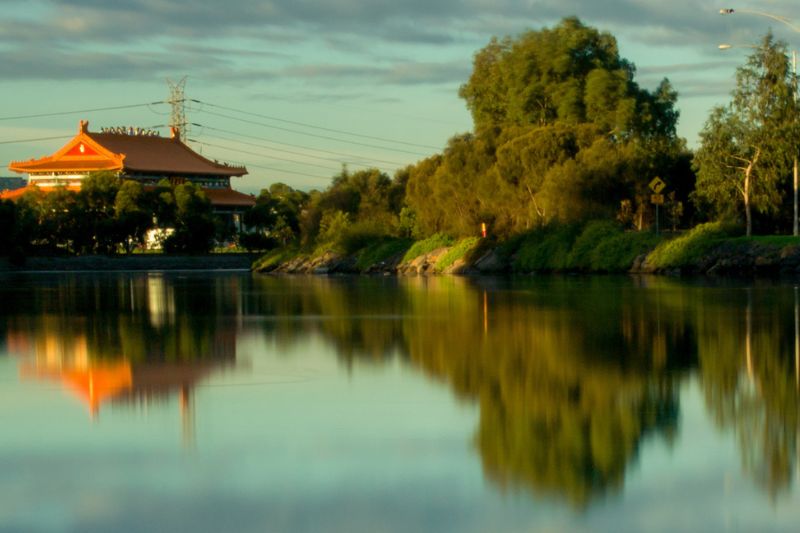
ARTS AND CULTURE
- Arnold Zable
- 01 February 2023
1 Comment
Peter’s playful, profound love of life ranged from the earth to the skies, and from the oceans to the great mysteries of the universe. It was a love that was grounded in family and community rituals.
READ MORE
-
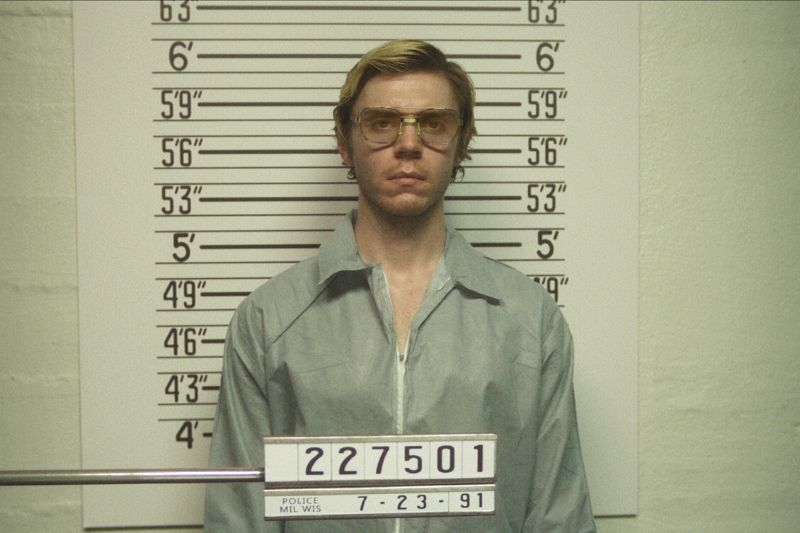
ARTS AND CULTURE
- Paul Mitchell
- 27 October 2022
1 Comment
At the end of the third episode of the Netflix biopic Dahmer – Monster: The Jeffrey Dahmer Story, as the ‘Watch Next Episode’ timer ran down, I turned it off and haven’t returned. At time of writing, Dahmer was the number three-ranked show on Netflix Australia. Why are viewers willing to watch? And against the scale of such horror, can there be any redemption?
READ MORE 
-
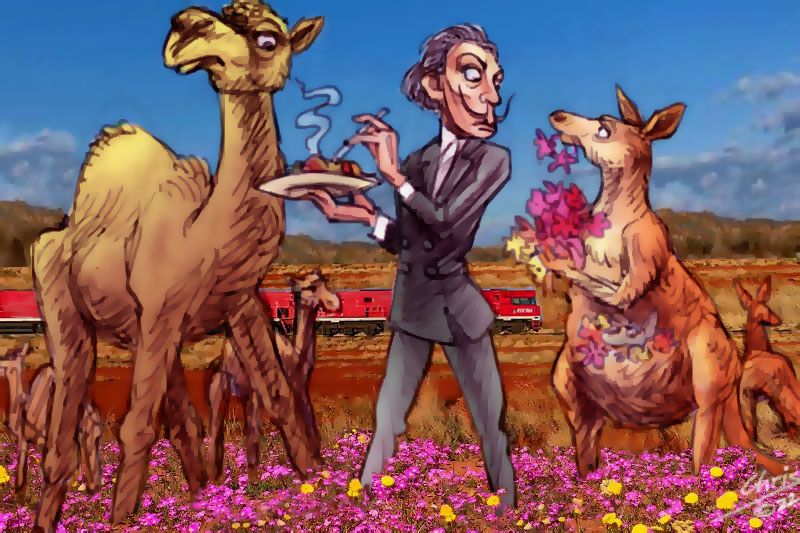
ARTS AND CULTURE
- Barry Gittins
- 25 October 2022
When Kenneth Hugh Gittins is in the room and crash-tackling the conversation, well, eat your heart out Salvador Dali and Walter Mitty. Conversations turn surreal, fact-checking expeditions run aground. A charming teller of truths and tales (some tallish and some Himalayan), this rustic raconteur has perplexed many an audience or congregation and delighted many a grandkid and great-grandkid with his reminiscences.
READ MORE 
-
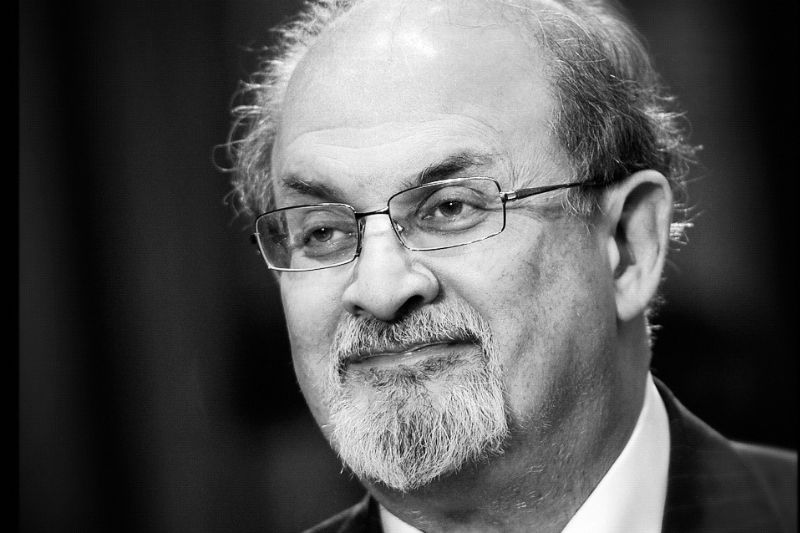
ARTS AND CULTURE
- Michael McGirr
- 25 August 2022
4 Comments
Salman Rushdie is a writer with a most defiant sense of humour. If you want to get to know him, I wouldn’t start with The Satanic Verses (1988), the book that has brought him so much grief. Thirty three years after Ayatollah Khomeni imposed a fatwa on the author, it would seem to have led, on August 12, to a young man called Hadi Matar making an attempt on Rushdie’s life at a public event in New York.
READ MORE 
-
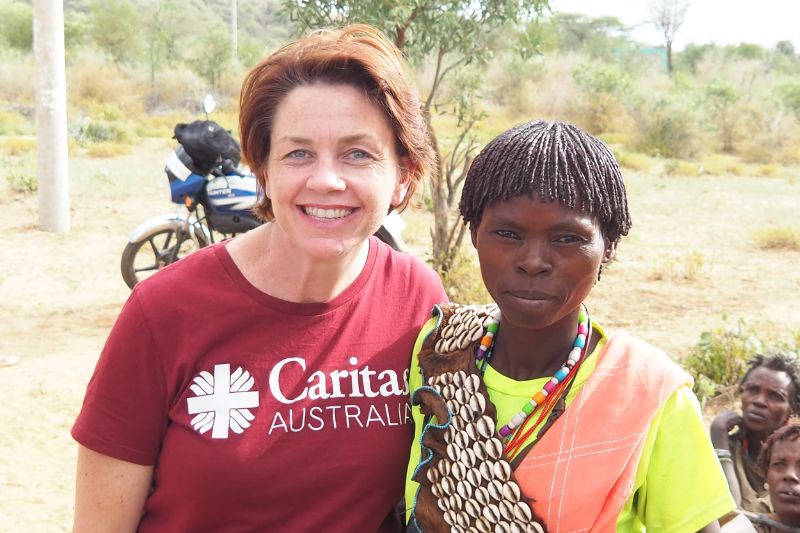
INTERNATIONAL
- Kirsty Robertson
- 10 August 2022
2 Comments
Last month I travelled to Ethiopia, visiting an IDP (Internally Displaced Persons) camp filled with thousands of people facing a hunger crisis. The triple threats of conflict, COVID and climate have created the perfect storm, with serious impacts on countries that depend heavily on grain, fuel and fertiliser imports from Russia or Ukraine, including Yemen, Somalia, Ethiopia and Sudan.
READ MORE 
-
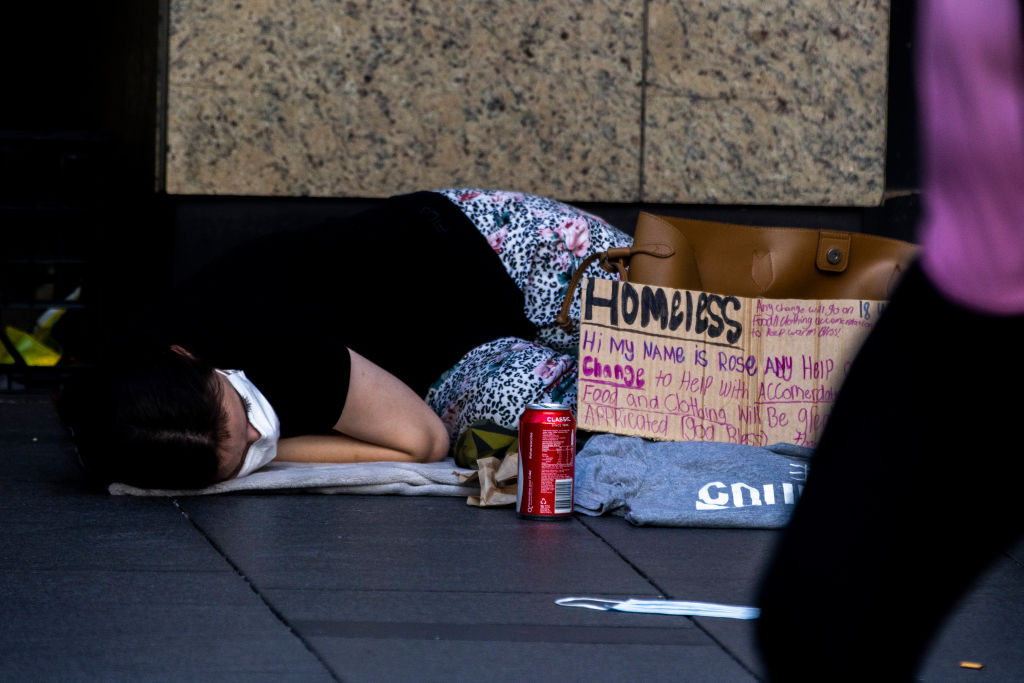
AUSTRALIA
- Andrew Hamilton
- 04 August 2022
8 Comments
It is easy to view homelessness from a distance as only a failure of economic policy and of the political responsibility to deliver material goods. A home, however, is more than a house. It connotes connections that are central to humanity. Left without a home people are deprived of more than bricks and mortar; they are diminished in their humanity.
READ MORE 
-
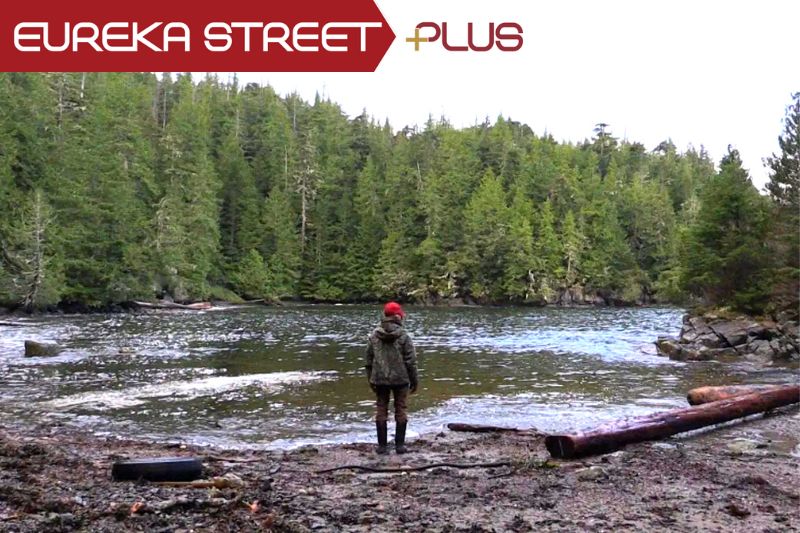
ARTS AND CULTURE
- David Halliday
- 01 August 2022
1 Comment
As the boat pulls away, a figure is left standing alone on the rocky beach beneath a thick wall of fir trees. The person stares out after the boat relishing the last morsel of human contact they will have for an indefinite time.
READ MORE 